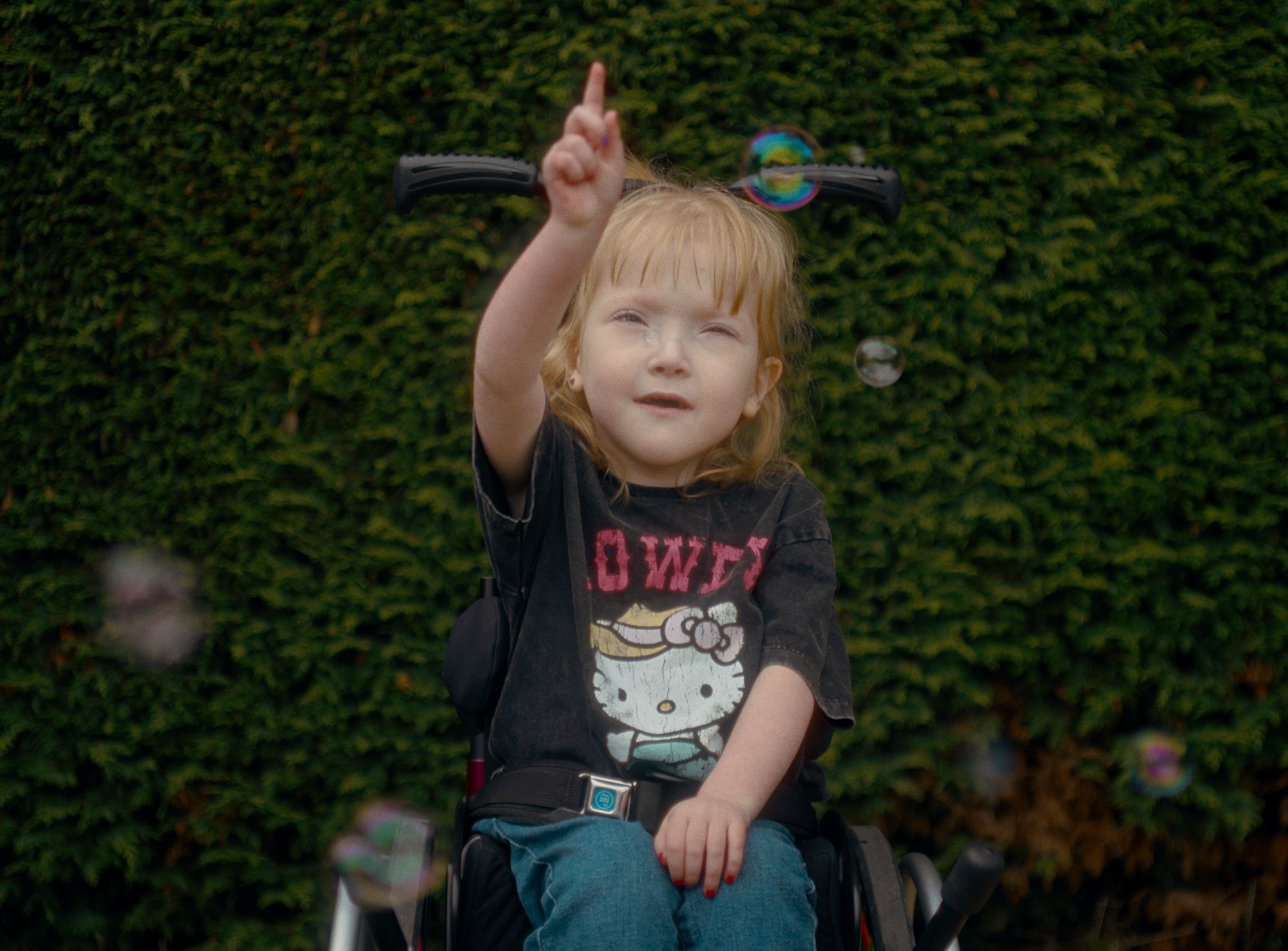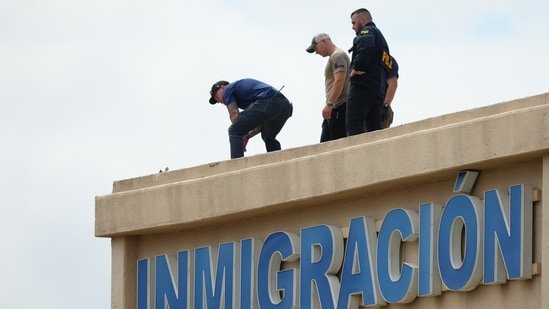Thousands of children are facing long waits for vital wheelchairs as NHS rejections rise, and the UK’s only charity has been forced to stop taking new patients due to a surge in demand.
Whizz Kids, the UK’s leading charity for specialist wheelchair services, has warned patients are facing a “national crisis” after unprecedented pressure on its services has forced it to close to new referrals for the first time in over three decades.
The charity’s leaders said demand has risen 12.5 per cent year on year because more children are being rejected by the NHS for specialist wheelchairs, which cost on average £4,800, due to cost concerns.
One of those children, Charlie Drinkwater, who has spina bifida and growth hormone deficiency, has been denied a specialist chair by the NHS for the past five years.
Although she is eight years old, she is the size of a two-year-old, and so she needs a specialist chair, which could cost up to £4,500. However, due to budget constraints, the NHS does not provide chairs for under-five-year-olds, according to Whizz Kids. The NHS would only offer her a buggy, despite being eight years old.
Now, having grown out of the first chair provided by the charity, and having again been rejected by the NHS, Charlie’s childhood is on hold while she waits for a new one.
She told The Independent: “I’m excited for my new chair because it’s going to be pink. But it makes me sad when it takes a long time.”
.png)
Charlie’s family said, “I had no idea charities like Whizz Kidz even existed until Charlie was born. Without them, Charlie’s independence and quality of life would disappear overnight. They are not a ‘nice to have’ – they are a lifeline.”
Figures for January 2025 to March 2025, seen by The Independent, show 1,676 children waited for more than three months after a referral to NHS wheelchair services. Of those, 875 were assessed as having “high” or “specialist needs”. A further 1,700 patients were rejected by the NHS after they were assessed as “not requiring equipment”.
Whizz Kids told The Independent that an increase in patients being turned away from the NHS had put further strain on its waiting lists, forcing it to turn away new referrals for the first time in 35 years, with more than 1,000 children currently needing wheelchairs.
Sarah Pugh, chief executive for Whizz Kids, said they had to make the “heartbreaking decision” after demand had “skyrocketed in the last few years”.
She said: “Predominantly, the NHS criteria for wheelchairs are small because the budget is small. So, we effectively step up and fill that gap, but now it’s got to a point where we just can’t. The increase in demand for us must correlate to the squeezing of NHS budgets.
“We hear about a lot of kids trapped at home because they can’t get out … We’ve never had to close applications before. It’s a crisis because kids aren’t getting wheelchairs, they’re not able to get on with their childhood, they are losing very critical and very important days of their childhood …This is a national crisis.”

She said the NHS criteria are “very strict” and most children aged under five won’t get given a wheelchair and would instead be given a buggy, meaning children lack independence and the ability to explore the world.
According to a recent survey of its patients, 60 per cent of children reported living in discomfort or pain due to not having a wheelchair or the right wheelchair.
Whizz Kids has now launched an appeal for funding to help it reopen its list and reduce the number of children waiting.
Other charities, such as Variety, which supports disabled children and young people across the UK, said underfunding within NHS wheelchair services was leaving children in “desperate situations”.
Its chief executive, Laurence Guinness, said the news about Whizz Kids was “deeply concerning” but “sadly not surprising” and it too was seeing a surge in applications.
She said: “Chronic underfunding and systemic delays within NHS wheelchair services are leaving children in already impoverished families in desperate situations.”
“When our statutory services fail to provide, the burden shifts to charities and, most distressingly, to the families themselves, who are often already navigating a challenging system to get the support they need. This is a systemic failure, and it is our children who are paying the price.”
A spokesperson for NHS England said: “We know how crucial timely access to a wheelchair is for patients, which is why the NHS offers personal wheelchair budgets for people with a long-term condition to pick a wheelchair that meets their individual needs. We are also working with local healthcare providers to deliver better services that improve access and experiences for wheelchair users.”





